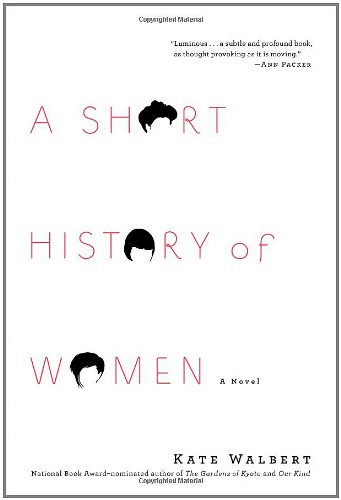A Short History of Women
“‘What can be done?’ asks Man.‘What cannot be done?’ answers Woman.” This apt quote signifies the thrust of five generations of women spanning the time between the late 1800s and 2007.
It all begins with the suffragette, Evelyn Charlotte Townsend, who starves herself to death for the cause of women’s freedom, an act that haunts the next five generations of her family in England, Argentina and the United States. Culturally, these women are far ahead of their time, wanting to learn more than the niceties allowed in order for them to care for the “doers,” the men in their lives. They aren’t afraid to learn about Darwin, to quote the most liberal and visionary poets, and to soak up relevant knowledge of the most current thinkers like Havelock Ellis. Dorothy’s granddaughter, Evelyn Charlotte Townsend, takes up the cause against World War I that would hide the returning caskets of fallen soldiers, a mission that gets her socially labeled as a troublemaker like her grandmother. So it goes through these generations all the way to the last Evelyn, who markedly protests the Iraq War.
The plot sounds mundane, but this novel is written in such a literate, solid style that it pulls the reader into scenes that invite participation, if only one could dredge up such feisty nerve. To say more would be a spoiler, but this reviewer so highly recommends this literate account of unique women who live in a cocoon of haunting, surrealistic rebellion with such realistic goals that are ironically deemed as insane by those who follow the norm. Such is the stuff of heroic living. A Short History of Women is must reading and should be part of any decent literature, anthropology or social science curriculum. It’s bound to become a classic.










